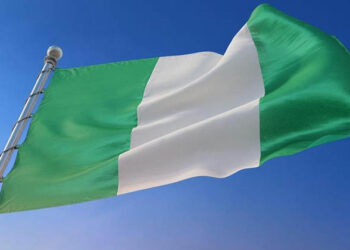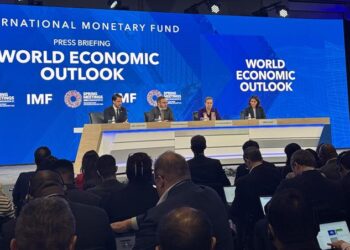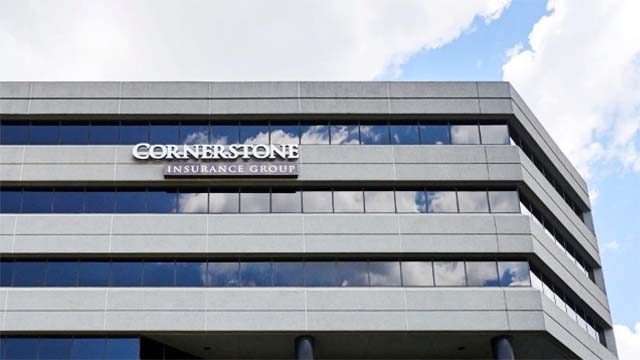Data from the Central Bank of Nigeria reveals that Nigeria has a cumulative current account deficit of $9.1 billion as of the third quarter of 2019, stoking fears of an impending exchange rate crisis in 2020.
A current account deficit occurs when a country’s foreign liabilities exceed its foreign assets. It is exacerbated when the country imports more than it exports. Nigeria has reported a negative current account balance in 8 quarters out of the 16 quarters reported under this government. The figures are stated net because the inflows are set off against outflows, thus a negative balance deficit.
Based on the data, Nigeria’s balance of payment stood at a whopping $4 billion as at the third quarter of 2019 up from $48.7 million dollars in the preceding quarter and $4.5 billion in the third quarter of 2018.
[READ ALSO: Bureaux de Change operators kick against CBN’s new forex policy(Opens in a new browser tab)]
Nairametrics first reported the ballooning current account deficit in an article in September, as the country posted a current account deficit of $3.7 billion in the second quarter of 2019. It had posted a deficit of $2.6 billion in the first quarter of 2019. The latest data shows that the current account deficit was $2.79 billion (provisional figure as it may change) in the third quarter of 2019, indicating that Nigeria may close the year with a deficit. The last time Nigeria closed the year with a current account deficit was in 2015, with about $15.4 billion.

Services drive deficit – As reported in our article in September, Nigeria’s thirst for foreign-related services has remained high, despite efforts by the government to diversify away from reliance on imports. Services ate up $9.56 billion (inflows $1.1 billion) in total dollar liabilities during the quarter compared to $9.4 billion and $9.5 billion respectively in the first and second quarters of 2019 respectively.
Business services-related payments again topped demand for forex during the quarter, with about $3.9 billion in the third quarter. Business and personal travel followed with $3.4 billion, as ticket sales and travel allowances drive up demand.
[READ ALSO: Bureaux de Change operators kick against CBN’s new forex policy(Opens in a new browser tab)]
Most of these outflows are spent on paying technical services fees, professional fees and others required to power nearly all sectors of the economy. Businesses across the economy rely on foreign services such as software, consulting and auditing, patents, etc. to power and scale businesses.
Personal travel dominated demand with about $2.9 billion, with education-related travel accounting for a whopping $1.5 billion in the third quarter of 2019 ($1.4 billion in Q2).
Forex Income: In terms of income, Nigeria continues to rely on crude oil for its dollar earnings, with oil exports making up $13.7 billion in inflows out of the $15 billion earned in the quarter. Nigeria has so far earned about $46.6 billion from total exports in 2019 compared to $46.4 billion in the corresponding quarters in 2018. We, however, observed growth in non-oil dollar inflows recording a total of $4.8 billion in the first three quarters of 2019 compared to $3.6 billion in the comparative period in 2018.
What this means: We do not expect the CBN to continue to carry on with a negative current account deficit, considering its ramification on the external reserves. Nigeria’s currency reserves have been on a constant decline, dropping below $40 billion in November. For Nigeria to mitigate against the rising current account deficit, it will have to either increase its export proceeds or cut down on demand for dollars.
Looking at the data, it appears that cutting dollar demand might be the next logical strategy that the CBN might adopt. We envisage another curb on how much Nigerians are allowed to spend on foreign travel, just as it did in 2015/2016 when we last hit an exchange rate crisis.
If the government targets personal travel allowances, then it might face potential backlash from Nigerians who need to pay the school fees of their wards or fund their medical tourism needs. Should the CBN decide to leave personal travel allowances, then it could target business services expenses. The CBN has often targeted this sector by delaying foreign-related payment of fees for services rendered to Nigerian companies.
Another option available to the CBN could be to devalue the currency, making it more expensive for Nigerian businesses to demand forex, and forcing them to rely more on local services.























